Towards a safer, healthier future: exploring anticipatory action in the time of a pandemic
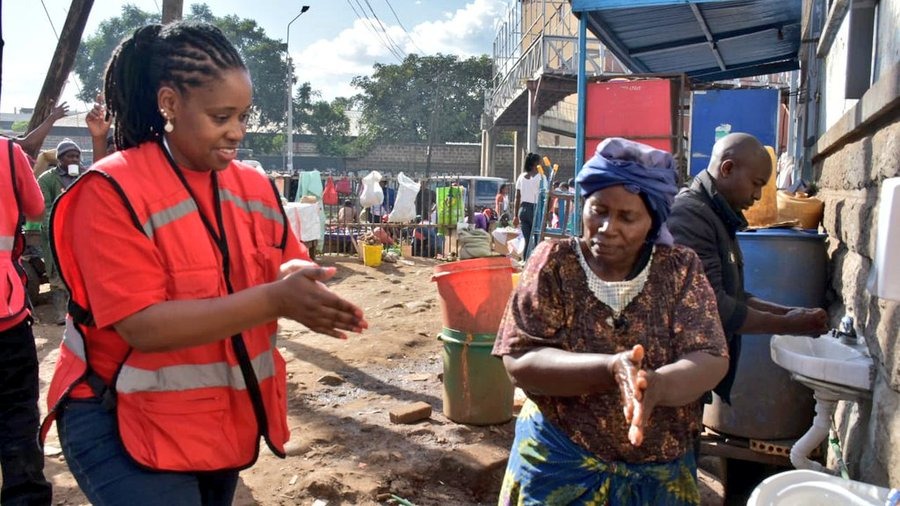
© IFRC
Call for collaboration:
An Anticipation Hub blog post series
The current response to the global Covid-19 pandemic builds upon decades worth of experience in detection, surveillance and management of disease outbreaks by health experts. At the same time there is a growing body of experience and expertise from practitioners of anticipatory humanitarian action, on how pre-agreed early action protocols along with rapid allocation of funds can be used to act early and mitigate disaster impact. By combining expertise and learnings from the two groups, can we be more effective in early action in the context of epidemics? In a series of blog posts over the coming weeks, join us in finding answers to this question.
Anticipatory approaches, such as Forecast-based Financing (FbF), developed by Red Cross Red Crescent, WFP, FAO, the Start Network and OCHA have gained significant momentum over the last years and are becoming more widely embedded within the humanitarian system. Although they differ in terms of scope and modality, what unites them is that they seek to reduce human suffering, providing the most vulnerable populations with assistance prior to an imminent disaster. They link robust forecasts and/or collaborative analysis of a potentially harmful event to an action plan that is agreed in advance. These action plans, comprising a number of pre-agreed ‘anticipatory actions’ (e.g. risk information, provision of cash, sanitation and hygiene kits) are typically supported by a standby funding agreement to enable a quick move to action in case the action plan is triggered.
Meanwhile, the health community has years of experience in early warnings based on surveillance and detection of infectious diseases, as well as in rapid response to contain and control disease outbreaks. However, more could be done in terms of pre-agreed funding for acting early as soon as there is risk of an outbreak. So, the crucial interlinkages between the two systems are clear – as is the need to collaboratively work towards joint, coherent approaches to anticipate health crises.
Against the backdrop of the growing interest of anticipation practitioners and the comprehensive experience of health experts, the upcoming Anticipation Hub – the knowledge platform for Anticipatory Action operated by GRC, IFRC and the Climate Centre – seeks to explore how to link anticipatory approaches and epidemics.
Via this blog series, the Anticipation Hub will explore key topics related to anticipatory action in the context of epidemics to stimulate and contribute to this conversation. In doing so, we seek to build a common understanding and knowledge base, and thus, a greater exchange between experts and practitioners.
The below questions introduce key thematic areas of focus we aim to collaboratively unpack in different blogposts over the coming weeks in our efforts to realize a safer, healthier, anticipatory future, together.
Forecasting epidemics: Challenges and opportunities
Anticipatory approaches, such as those explained above, have thus far focused primarily on hydrometeorological hazards such as tropical storms or floods. The current Covid-19 pandemic underscores the growing interest and critical need to expand and better anticipate other types of hazards such as epidemics and disease outbreaks.
A lot of work on the forecast-side of this has already been done by infectious disease modelers and epidemiologists. Reaching out to experts in this field, we will look into the current state of play of epidemic outbreak modelling and explore what types of forecasting for epidemics already exist, what they predict and how accurately. Further we will address challenges, main constraints and potential avenues to using existing models as a basis for triggers for early action.
Early actions for epidemics: First experiences and lessons learned
From strengthening capacities for detection, contact tracing and referrals, community-based awareness and surveillance to prepositioning protective equipment and scaling up testing, and setting up psychosocial support hotlines: There are many potential early actions for epidemics. With or without the use of modelling, many humanitarian organizations are already engaging in such actions to address the Covid-19 pandemic. Others have gained valuable experience, in planning anticipatory actions for other infectious diseases such as dengue and cholera. We will investigate what early actions for epidemics are already taken by RCRC National Societies and other humanitarian and health organizations and gather key lessons learned.
Can we pandemic-proof our early actions? The challenge of staying ready for extreme-weather events during COVID-19
Unfortunately, disasters do not stop because of a pandemic. While the Asia Pacific region prepares for cyclone season, some countries in Africa and Southern America are gearing up for winter (and concurrent higher rates of influenza or other infections), posing additional threats to those most vulnerable. Discussions are on-going on how to assure humanitarian actors on the ground can remain ready to implement existing early action plans for extreme weather during an on-going epidemic, given restrictions in movement and contact. What happens if we need to evacuate people and maintain physical distancing? How can we protect frontline responders from falling ill while they need to prepare for a strong typhoon? Watch this space to follow RCRC National Societies and other humanitarian organizations currently taking pandemic-proofing measures to remain ready to implement early actions when an extreme weather event is approaching.
Financing early action for epidemics: how can we ensure swift access to funding where it’s needed, when it’s needed?
Swift and reliable access to funding in crises situations is crucial to allow actors on the ground to take early actions and, thus, prevent or at least reduce greater humanitarian consequences. Over the past decades a number of innovative financing instruments such as cat bonds, disaster risk insurance or contingency funds have been developed with a goal to accelerate disbursement of funds. We will look into some of these innovations, exploring opportunities and key challenges, for financing early actions for epidemics.
How can we best anticipate the humanitarian consequences of a pandemic such as Covid-19?
While currently many actors are focusing on responding to the impact on health of the current Covid-19 outbreak, how can we anticipate and plan for the crisis’ secondary impacts, for example, on food security, economy, social cohesion? In this post, we will explore the landscape of actors currently taking up such important questions and map their activities.
Health & Climate: Reducing the risks of disease outbreak connected to extreme weather
Extreme weather events often play a key role in the development of epidemics. For example, a lot of disease outbreaks are related to the disruption of safe water supplies, destruction of housing and sanitation infrastructure and subsequent waterborne illnesses. In this blog post we want to explore to what degree existing anticipatory action plans for extreme weather events have already included actions to contain disease outbreaks.
Social protection systems as entry points for reducing the secondary impacts of an epidemic
Beyond the immediate health impacts, the COVID-19 pandemic will lead to immense global economic implications, affecting disproportionately poor and vulnerable households. Some estimate that millions will be pushed into poverty. Many governments have started to use or scale up existing social protection to cushion the secondary impacts of COVID-19. In this blog post we will review how existing social safety nets can be entry points to cope with crisis, highlighting first experiences, including challenges and what is needed to overcome them.
Share your thoughts and join the conversation
On behalf of German Red Cross, IFRC and Red Cross Climate Centre, we invite all actors engaged in anticipatory actions to contribute to this discussion and our blogpost series. We are committed to engaging epidemiologists, statisticians, public health and other relevant experts and practitioners, to collecting, sharing and learning from current research, good practices and lessons learned.
If you are actively engaged in the above questions, please get in touch to join us as an expert practitioner in this blog post series. We look forward to shaping a safer, healthier, more anticipatory future with you.
- Nikolas Scherer, German Red Cross, n.scherer@drk.de
- Lucy Price, German Red Cross, l.price@drk.de
- Kara Siahaan, IFRC, kara.siahaan@ifrc.org

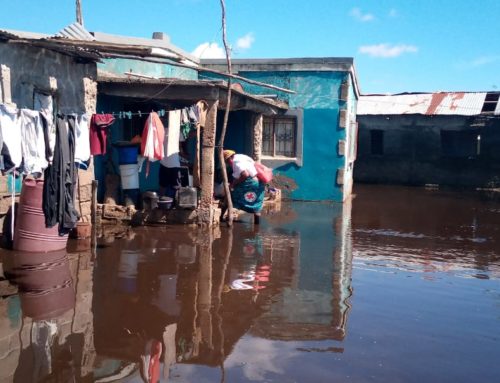
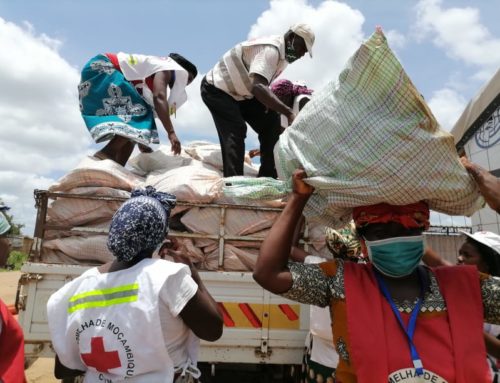
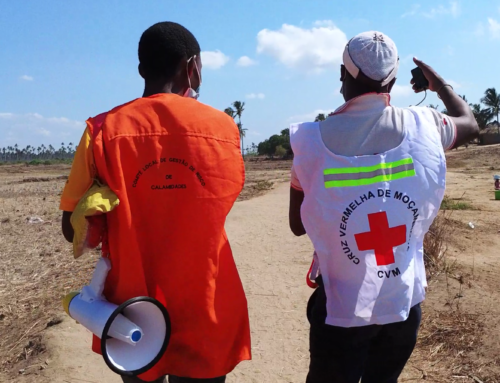

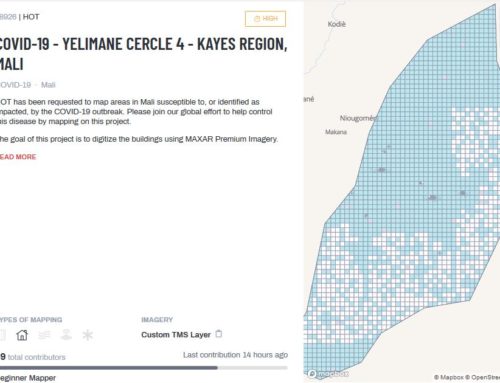
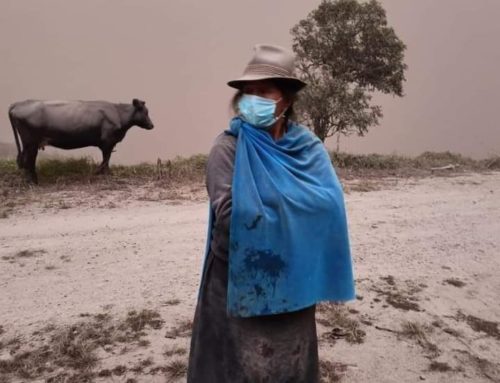
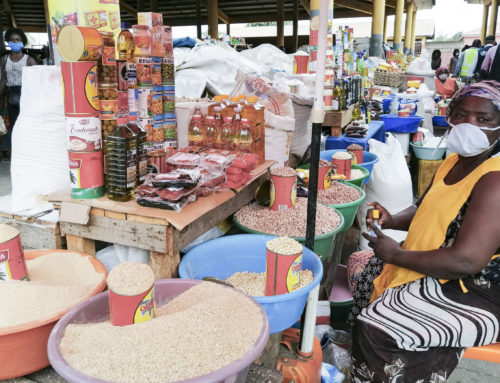
Leave A Comment
You must be logged in to post a comment.